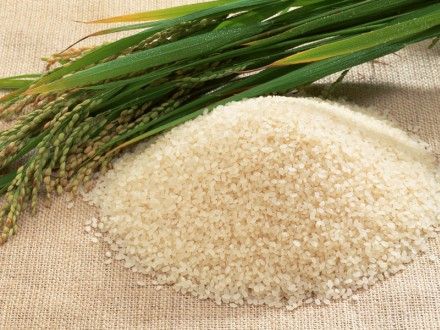
Farmer’s Rice Cooperative (FRC), a company responsible for over 20 percent of the rice crop in California, is being accused of knowingly mixing contaminated rice with edible rice, and selling the mix to thousands of grocery stores and restaurants throughout California. Moreover, the practice allegedly has been going on for years.
A class action lawsuit claims that restaurant and store owners were led to believe they were buying U.S. No. 1 Extra Fancy rice, sold under the names of New Variety, New Rose and Imperial Rose, but were actually being sold “flush,” or tainted goods. Attorney Brian Kabateck, speaking for the rice class action lawsuit, says, “flush in the industry is anything that is not supposed to be in the rice.” In this case, the lawsuit alleges that FRC would “allow substances, such as insects, rodents and their soiling, bird remains and black mold to be present in its processed rice.”
According to the class action lawsuit, the product that stores, restaurants and consumers received was not edible. The complaint says, “Disposing flush rice by blending it with food-grade rice unfairly allowed defendants to obtain a profit from rice that could not be legally sold for human consumption.”
Kabateck added of FRC’s product, “This rice, although they claim it’s sushi grade, is as little as 15 percent sushi grade, and it’s adulterated with other inferior rices.”
Farmer’s Rice Cooperative denied the allegations. The company said: “These claims are absurd. We have been in business since 1944 and sell rice to the most quality conscious customers in the world. Our rice is as safe as it gets.”
Food at Risk
With news of outbreaks of salmonella and E.Coli becoming commonplace, food safety is never far from the public’s eye.
The tainted rice lawsuit is not the first time rice has been in the news for contamination. Last year there was concern about arsenic levels in rice reaching dangerous levels. It is present in many foods, like grains, fruits and vegetables because it is absorbed by plants from soil and water. Most plants don’t absorb too much arsenic as their only source is the ground. However, “rice is different because it takes up arsenic from soil and water more readily than other grains.”
In 2013, to appease concerns, the U.S. Food and Drug Administration (FDA) tested about 1,300 samples of rice. Results showed arsenic levels that were too low to cause adverse health effects in the immediate or short-term. However, as long-term exposure to high levels of arsenic are related to higher rates of various cancers, including skin and bladder, the FDA continues to study its impact and the long-term health risks.
Join a Free Sushi Rice Class Action Lawsuit Investigation
If you own a California restaurant or business that sold sushi within the past four years, you may be eligible to join a free class action lawsuit investigation.
ATTORNEY ADVERTISING
Top Class Actions is a Proud Member of the American Bar Association
LEGAL INFORMATION IS NOT LEGAL ADVICE
Top Class Actions Legal Statement
©2008 – 2025 Top Class Actions® LLC
Various Trademarks held by their respective owners
This website is not intended for viewing or usage by European Union citizens.














